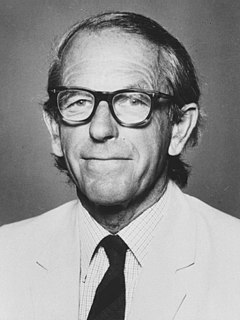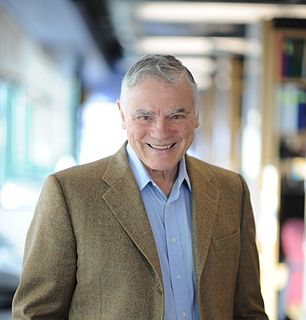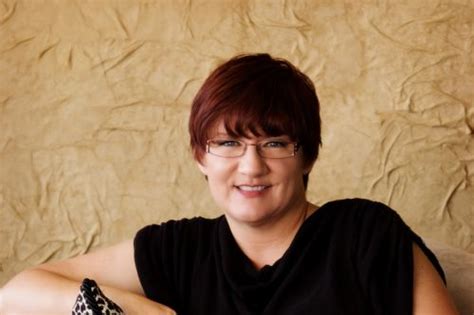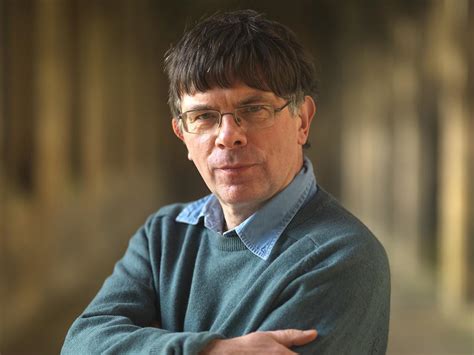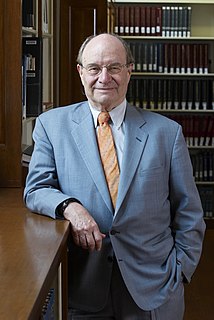A Quote by Craig Venter
The day is not far off when we will be able to send a robotically controlled genome-sequencing unit in a probe to other planets to read the DNA sequence of any alien microbe life that may be there.
Related Quotes
The question is, are there useful things that we can do with the results of a genome sequence that would bring benefit? And the answer is, today, should the majority of people go and have their genome sequenced? Probably not. But are there particular circumstances in which genome sequencing is really helpful? Yes, there are.
A DNA sequence for the genome of bacteriophage ?X174 of approximately 5,375 nucleotides has been determined using the rapid and simple 'plus and minus' method. The sequence identifies many of the features responsible for the production of the proteins of the nine known genes of the organism, including initiation and termination sites for the proteins and RNAs. Two pairs of genes are coded by the same region of DNA using different reading frames.
An important finding is that by determining the genome sequences of an entire family, one can identify many DNA sequencing errors and thus greatly increase the accuracy of the data. This will ultimately help us understand the role of genetic variations in the diagnosis, treatment, and prevention of disease.
Ambulances were cool. “You just want to fondle my extraneous body parts,” I said to the EMT as I picked up a silver gadget that looked disturbingly like an alien orifice probe, broke it, then promptly put it back, hoping it wouldn’t leave someone’s life hanging in the balance because the EMT couldn’t alien-probe his orifices.
DNA sequencing opens vast ethical issues. We shall be able to know who has defective genes. What will it mean when we can be sure we're not all born equal? Worked out, the implications will scare a lot of people. Insurance companies will not want to cover those with a genetic predisposition to illness, for example. Here lurk myriad lawsuits.
But what exceeds all wonders, I have discovered four new planets and observed their proper and particular motions, different among themselves and from the motions of all the other stars; and these new planets move about another very large star [Jupiter] like Venus and Mercury, and perchance the other known planets, move about the Sun. As soon as this tract, which I shall send to all the philosophers and mathematicians as an announcement, is finished, I shall send a copy to the Most Serene Grand Duke, together with an excellent spyglass, so that he can verify all these truths.




